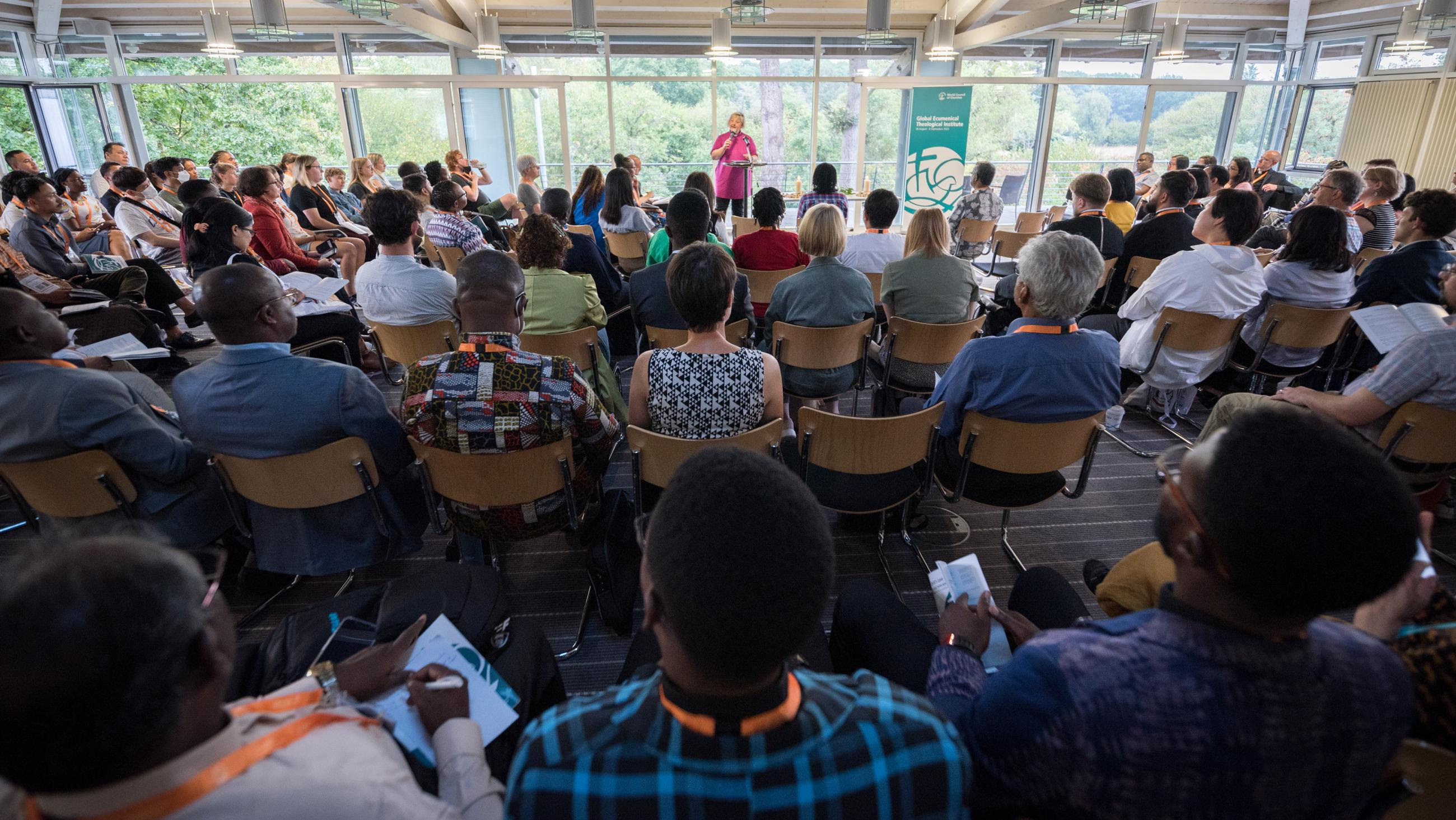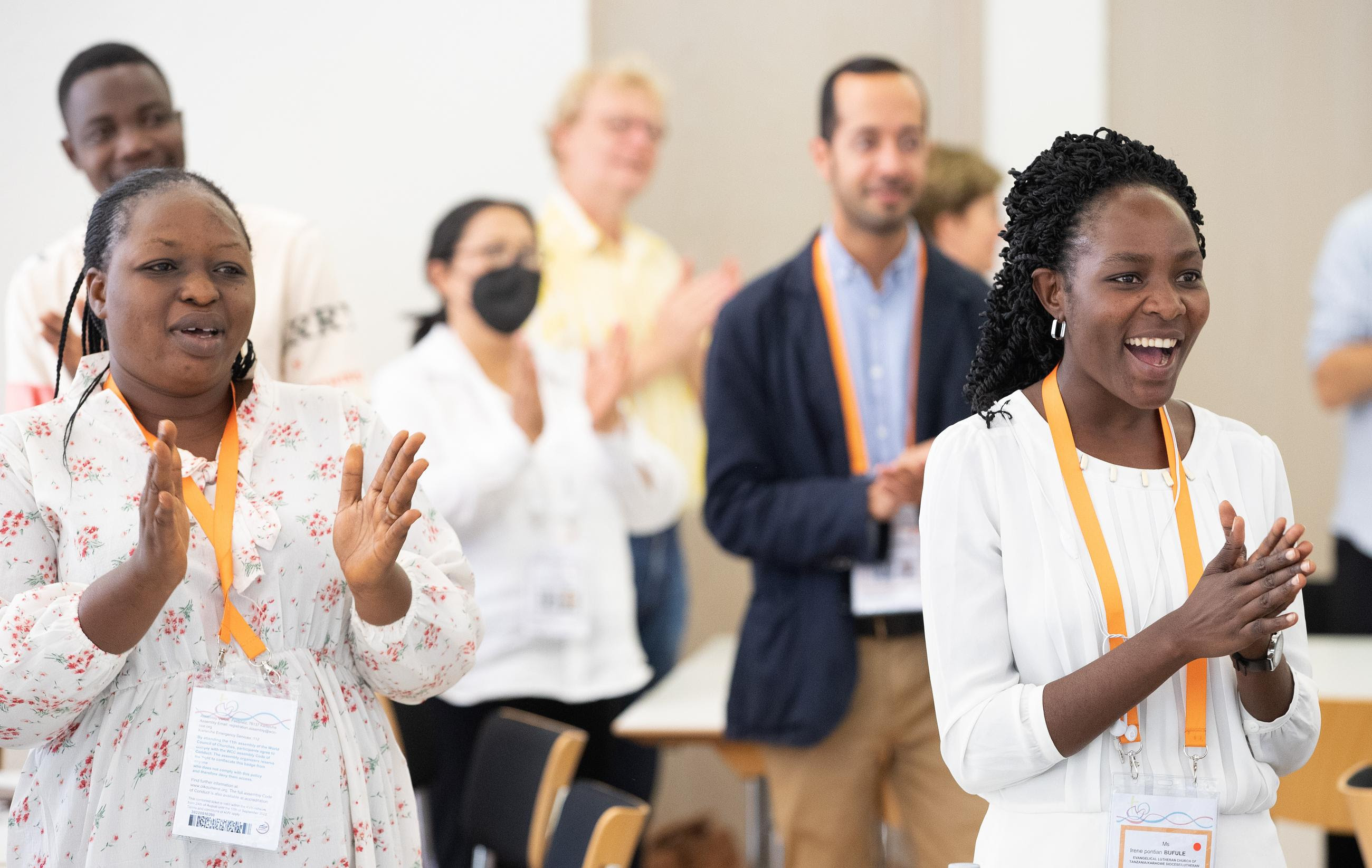GETI participants unpacked and reflected on the assembly theme through the lens of five thematic areas: Healing Memories; Kairos for Creation; Witness from the Margins; Engaging with Plurality; Body Politics: Body, Health and Healing, 4th Industrial Revolution, & AI and Human Identity in the Context of Global Digitisation. With youth engagement emphasized as a priority in the worldwide fellowship of churches, GETI 2022 brought the voices of younger and emerging ecumenical theologians into the proceedings of the assembly, as students participated both informally in assembly home groups and in the formal Ecumenical Conversations. | 





No comments:
Post a Comment